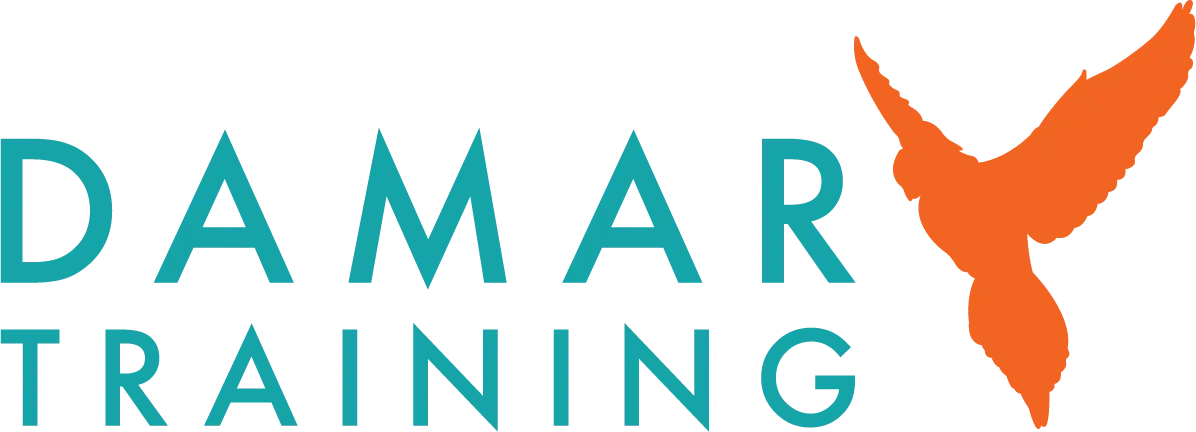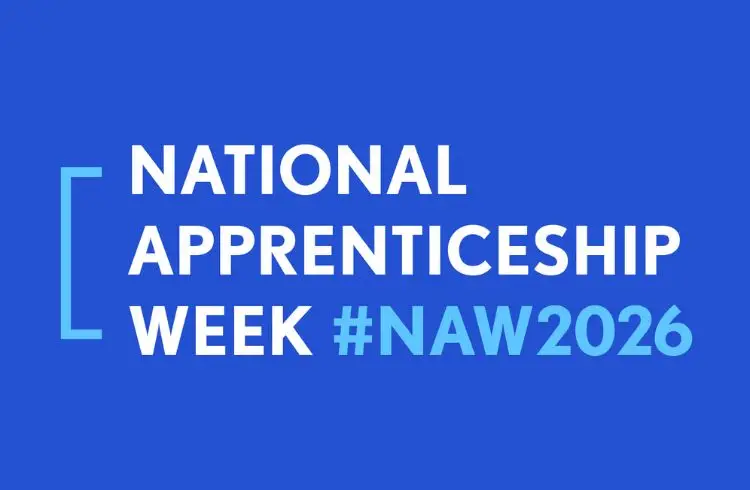Safeguarding at Damar
Safeguarding is the golden thread that runs through everything we do here at Damar Training. At each stage of the student journey, we have embedded robust policies and procedures to ensure the highest levels of student safety, and support for our employers.
Safeguarding is overseen by the designated safeguarding lead (DSL) and wider safeguarding team, suitably trained with many years’ experience in safeguarding roles in the education sector. Their role is to create and implement the Safeguarding Policy, ensuring it is reviewed accordingly, as well as ensuring any of our vulnerable students are well-supported and appropriate records are kept.
Employers
Employers have a duty of care for ensuring that apprentices are safeguarded during their apprenticeship. This means that employers need to take the necessary steps to ensure their apprentices are safe while in their care. If a safeguarding issue is identified, it should be acted upon without delay by contacting the Safeguarding team on 0161 480 8171, via the mobile numbers below or at safeguardingteam@damartraining.com.
Our Team
 Designated Safeguarding Lead
Designated Safeguarding Lead
David Morley – 07960 888 149
 Deputy Designated Safeguarding Lead
Deputy Designated Safeguarding Lead
Jennifer Mayne (Coach) – 07891 154 701
Safeguarding is the overarching term used to describe the protection of the health, wellbeing and human rights of individuals. Under legislation, all parties involved in an apprenticeship have to take reasonable action to minimise risks to apprentices. This includes aspects of the apprentice’s experience, both in and outside of the workplace, as well as during any online learning.
What is a safeguarding issue?
Safeguarding applies to any kind of harm an apprentice may suffer. Examples of safeguarding issues are:
- Physical abuse
- Sexual abuse / exploitation
- Emotional / psychological abuse
- Neglect
- Bullying
- Mental health
- Suicidal thoughts
What are typical signs that an apprentice may be suffering?
There are many signs that may be indicators that an apprentice may be experiencing a safeguarding issue. However, the existence of some of these characteristics is not a definitive sign that anything is wrong.
- Acting withdrawn or become uncommunicative
- Absence from work / educational activity
- Self-harm
- Drug / excessive alcohol use
- Poor emotional health (upset / anxious / low mood)
- Physical injuries
- Changes in behaviour or appearance
- Suicidal feelings / attempted suicide
Damar Training
We ensure our staff are appropriately trained around safeguarding themes, including annual safeguarding training for all staff delivered by external providers. Our contracts team quality assure employers legal responsibilities with regards to safeguarding policies and procedures, and our employers are clear on the correct process for reporting any concerns.
Damar Training achieved the Leaders in Safeguarding Standards in February 2022. All of our staff are subject to an enhanced disclosure and barring service check on appointment. Our students are made aware of the importance of safeguarding, and learn about contextual safeguarding themes throughout their learning journey, utilising a range of learning tools.
Employers
Our employers are aware that they need to keep up to date with appropriate legislation and guidance. It is their responsibility to ensure that any staff working directly with apprentices are appropriate for the role and there are minimal risks involved in this practice, and where appropriate, ensure that DBS checks have been undertaken with staff working directly with young people.
Prevent is one part of the government’s counter-terrorism guidance. It can be found described in the Counter-Terrorism and Security Act 2015. There is no single way of identifying a person who may be vulnerable to extremist ideology and it is often the culmination of a number of influences. These can include family, friends or relationships they have made online. Extremism can also include non-violent action.
Damar Training
All of our staff complete online Prevent training in addition to the government’s online Prevent training at induction. Our staff follow a clear referral process in the event of any concerns. Our apprentices are taught about Prevent and anti-radicalisation through wider learning curriculum.
Damar Training is a national provider of apprenticeships. We recognise that there are different risks and threats geographically. We tailor our delivery in certain geographical areas to suit the associated threat which is informed by the CTLP’s (Counter Terrorism Local Profile) in that region. Our DSL sits on the Greater Manchester Prevent Practitioners’ Network.
Employers
Our employers must commit to the principles that underpin the Prevent duty, and report any concerns immediately when raised.
A key aspect of the Prevent strategy is the promotion of British values. These are the norms that shape our society and which are enshrined in law, through legislation such as the Equality Act 2010. They can be broken down into four sections.
Individual Liberty (Liberty)
- The freedom to live as you wish and go where you want
- Helping you to making informed choices
- Taking responsibility for your choices and exercising them safely
- Making sure you know your rights
Rule of Law (Justice)
- Fairness in the way people are dealt with
- Exploring the laws that govern and protect us
- Understanding the consequences if these rules are broken
- Considering that these may be different from religious laws
Mutual Respect
- Tolerance of those with different respects and beliefs
- Understanding how your behaviour has an effect on your own rights and those of others
- Respecting other people’s differences, other cultures and ways of life
- Challenging prejudicial or discriminatory behaviour
Democracy
- The belief in freedom and equality between people
- A broad general knowledge & respect of public institutions and services
- Helping you to influence decision-making through the democratic process
- Explaining the advantages and disadvantages of democracy
Damar Training
British values are promoted throughout the learner journey. Topics are covered additionally in the wider learning curriculum, with opportunities for coaches to link the values to specific apprenticeship curriculum modules.
We have experienced, qualified staff that are responsible for the design and implementation of our wider learning. Each of the apprenticeship curriculums we offer have had British values and personal development domains mapped against what is delivered to show students and employers exactly what and where this is delivered throughout the learner journey.
From this, we have identified the specific gaps in learning that require additional sessions to be produced and delivered to ensure our students receive the best quality of education.
Or coaches follow up on all of this additional learning to ensure that we can quality assure the impact that it has.
Employers
Employers, by law, must demonstrate a commitment to British values and adhere to the requirements of the equality act 2010. Our employers and supervisors take part in feedback sessions where this information is disseminated.
With over 65 million internet users in the UK alone, and 4.48 billion social media users around the world, it is more important than ever to know how to stay safe online and protect children and young people online.
Damar Training
All of our students are given information about keeping safe online throughout their learner journey, and including during the enrolment to ensure that they are best prepared for their apprenticeship.
It is paramount that everyone is aware of the ways in which they can protect themselves online and ensure the security of their personal data. Dangers can include bullying and abuse, revenge porn, grooming, identity theft, and viruses.
Being an exclusive online provider of apprenticeships, we ensure that our students are regularly updated on how to keep safe online, including communication in the early stages of the apprenticeship journey, to stand alone wider learning sessions which focus on specific risks to students.
Employers
Our employers have a duty to ensure that our students are aware of the policies relating to internet use, and minimise the risk of students coming to harm online. If anything is of concern, report this to SafeguardingTeam@damartraining.com.
Have a safeguarding concern?
Latest news
National Apprenticeship Week 2026
Damar Training appoints Lee Hill as Commercial Director
Solicitor apprenticeships – routes to qualification
Partner employers













